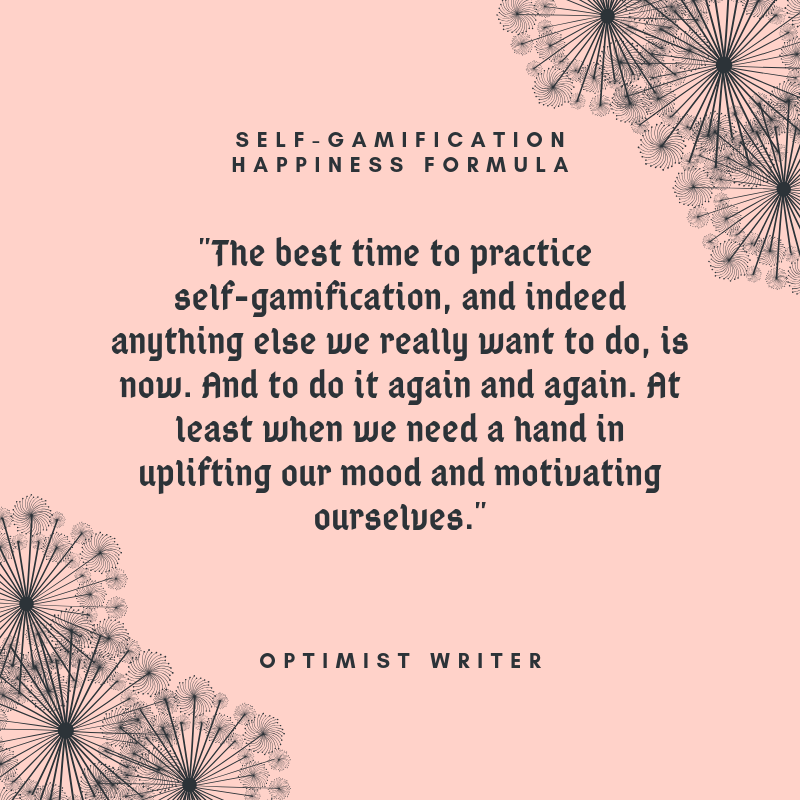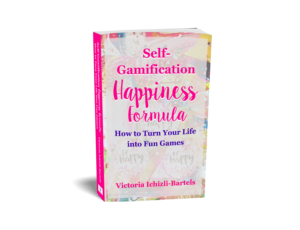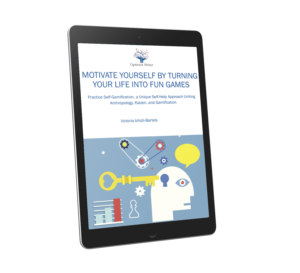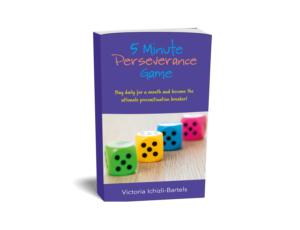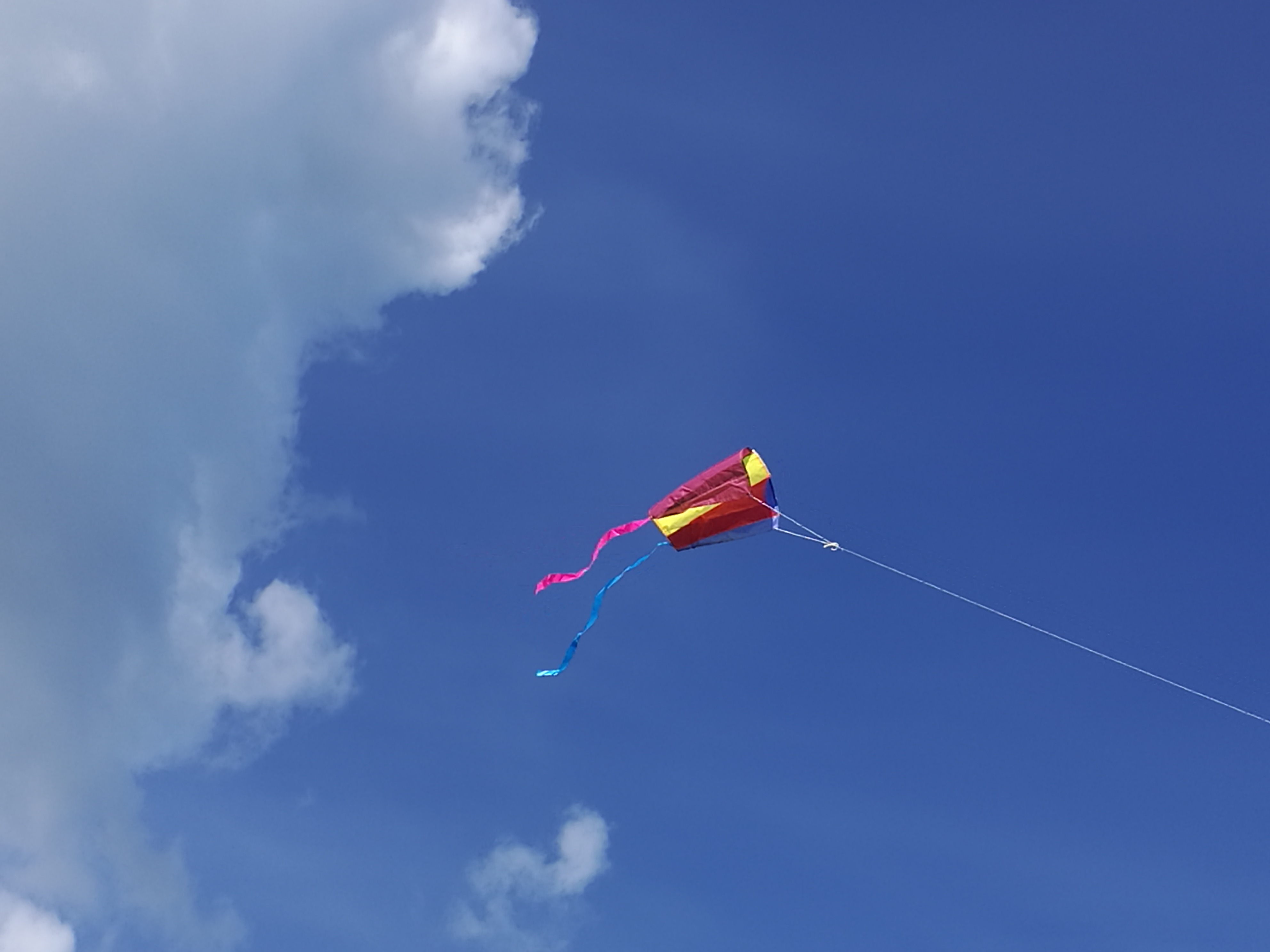Reading time: 4 minutes
Abbreviation: GPM = Gameful Project Management
Recently when I shared my project on Gameful Project Management and its non-judgmental core, the person I told about it asked me what I thought about change management. After a few minutes more into the conversation, I understood that with “change,” she meant improvement. So what she asked about was how to adjust project management to achieve improvement.
Why is the word “improvement” tricky?
I hear the question about improving what we do or even ourselves a lot recently. Even kaizen, which is one of the techniques I practice every day, and which is part of the Self-Gamification approach, translates as “continuous improvement.”
However, this expression can be understood as if improvement was a goal of kaizen. But I experienced that it should not be a goal. If it is a goal, then I label the way I am now — or the status of my projects — as not good enough. However, labeling something as bad or not good enough is not only stressful and confusing, but it is also counter-productive and not meaningful.
What is the best way to improve something?
As it turns out, the best way we can improve anything, including ourselves, is to stop trying to improve it.
That is what Gameful Project Management can do for you. It enables you to achieve improvement without forcing it.
When you approach each of your projects, as well as the project management project itself, as if they were fun games — of which you are both the designer and the player — then each moment of your work (and your life) will feel like the best you had so far. And then, the next will be even better. Improvement will become an effortlessly reachable by-product; not a forced and hardly reachable goal.
The anthropological foundation of the Gameful Project Management
As we discussed in the previous blog post, Gameful Project Management is based on Self-Gamification approach, which relies on the synergy of anthropology (= awareness and non-judgmental seeing), kaizen (= breaking everything into small, digestible, and doable bits), and gamification (= bringing fun game elements into what we do).
And the foundation of it all is anthropological, that is non-judgmental seeing of any of your projects and the status in them.
Today, anthropologists apply an approach they call “cultural relativism, an approach that rejects making moral judgments about different kinds of humanity and simply examines each relative to its own unique origins and history.”*
This approach is one of the foundations of anthropology, and it “is the comparative approach, in which cultures aren’t compared to one another in terms of which is better than the other but rather in an attempt to understand how and why they differ as well as share commonalities.”*
What to look at while applying anthropology
So, next time you think of improving something, or even improving yourself, stop, and look at everything in front of you non-judgmentally. Look at and become aware of:
- Where you are in the project and in general.
- What your circumstances and those in the project(s) are.
- What you have at your disposal right now at this moment.
- Where you want to go with your project(s) — that is what are your goals in the project.
- Where the customers of your project want you to head with it.
- Where the step you just took directs you — it might be away from the set goals, but don’t judge what you see.
- What the various ways are, with which your brain judges the situation you and your projects are in, and also how you judge judgment and complaint, both yours and that from others.
- What is the best next step to take toward your goal — criteria for such a step are: it should be small and effortless to take, and it should be fun.
- How you can appreciate each small step you take. Remember, it is not about keeping a strict account (Note: a topic for another post). It is about appreciation, awareness, and having fun.
- Other that might have come to your mind as you read this list.
Do all that non-judgmentally, in other words, without labeling something as good or bad and without dramatizing it, but simply iterating from one step to another, discovering the fun in every step of the way, as you usually do in games.
Yes, this is also possible in project management.
References:
* Cameron M. Smith, Anthropology For Dummies
If you want to learn more:
Sign up to Optimist Writer’s Blog to follow the Gameful Project Management series.
Check out my coaching and consulting services to work directly with me.
Take a look into my book Self-Gamification Happiness Formula.
Go to this link for the list of all resources I offer on Self-Gamification.

